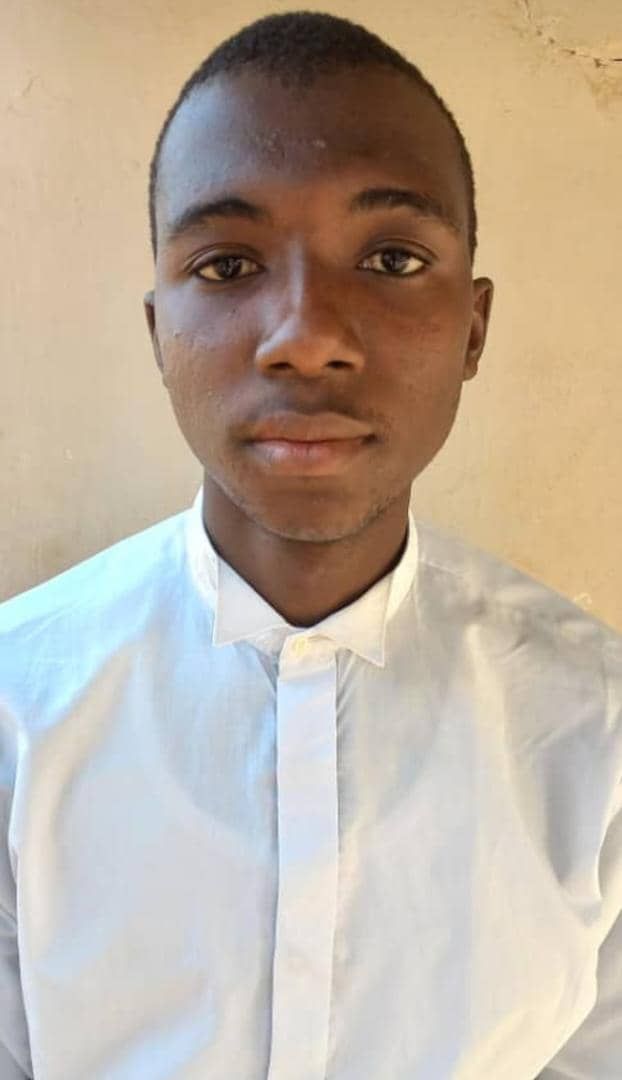Our educational system - Amadou
AMADOU DARBOE, TAHIR AHMADIYYA SENIOR SECONDARY SCHOOL, THE GAMBIA
Education is one of the greatest tools which can be used by an individual to change the living situation.
Unfortunately, most people, especially children, do not have this opportunity. The question is who can provide such opportunities to those who are disadvantaged? Poverty, religious and traditional beliefs contribute immensely to the denial of the right to education for children.
One of the greatest obstacles to education in The Gambia is poverty. Many families in The Gambia cannot afford to pay for their children’s education, including school fees, uniforms, and books. As a result, many children drop out of school, or never enrol in the first place.
Poverty also means that families are often forced to prioritise other basic needs, such as food and shelter, over education. This can perpetuate the cycle of poverty, as education is one of the most effective ways to break out of poverty.
Another hindrance to education in The Gambia is religious beliefs. As the greater number of Gambians are Muslim, some parents decide to take their children to the local Islamic centres which are mostly poorly managed.
Some children are denied the right to education which is a fundamental right for them. Traditionally, most people believe that girls’ education is not important, and as such they are either denied enrolment in school or withdrawn from school.
Despite efforts that are made to promote girls’ education, the gap remains. Child marriage for instance, has led to many girls being denied the right to education especially in provincial Gambia. This continues to pose an actual threat to the wellbeing of girls’ development as well as women’s empowerment. There is dire need for proactive steps to be taken to address this issue.
There are no proper mechanisms put in place for the differently abled. The structures in schools are not conductive for the wellbeing and inclusion of the differently abled. Therefore, this is structural discrimination against them. Even the way classrooms are built is not in line with good approaches.
In conclusion, the challenges facing The Gambia’s education sector are significant, urgent action is needed to address them, especially in the rural areas.
It is crucial that all stakeholders, including the government, private sector, and civil society, work together to ensure that very child has access to quality education. Only then can The Gambia build a brighter and more prosperous future for all its citizens.




Lord Lieutenants Charity HubWarner Brothers StudiosSuite 23, Building 6, Hercules Way,LeavesdenWD25 7GS
Learn More
0208 013 9616
All Rights Reserved | The Steve Sinnott Foundation

